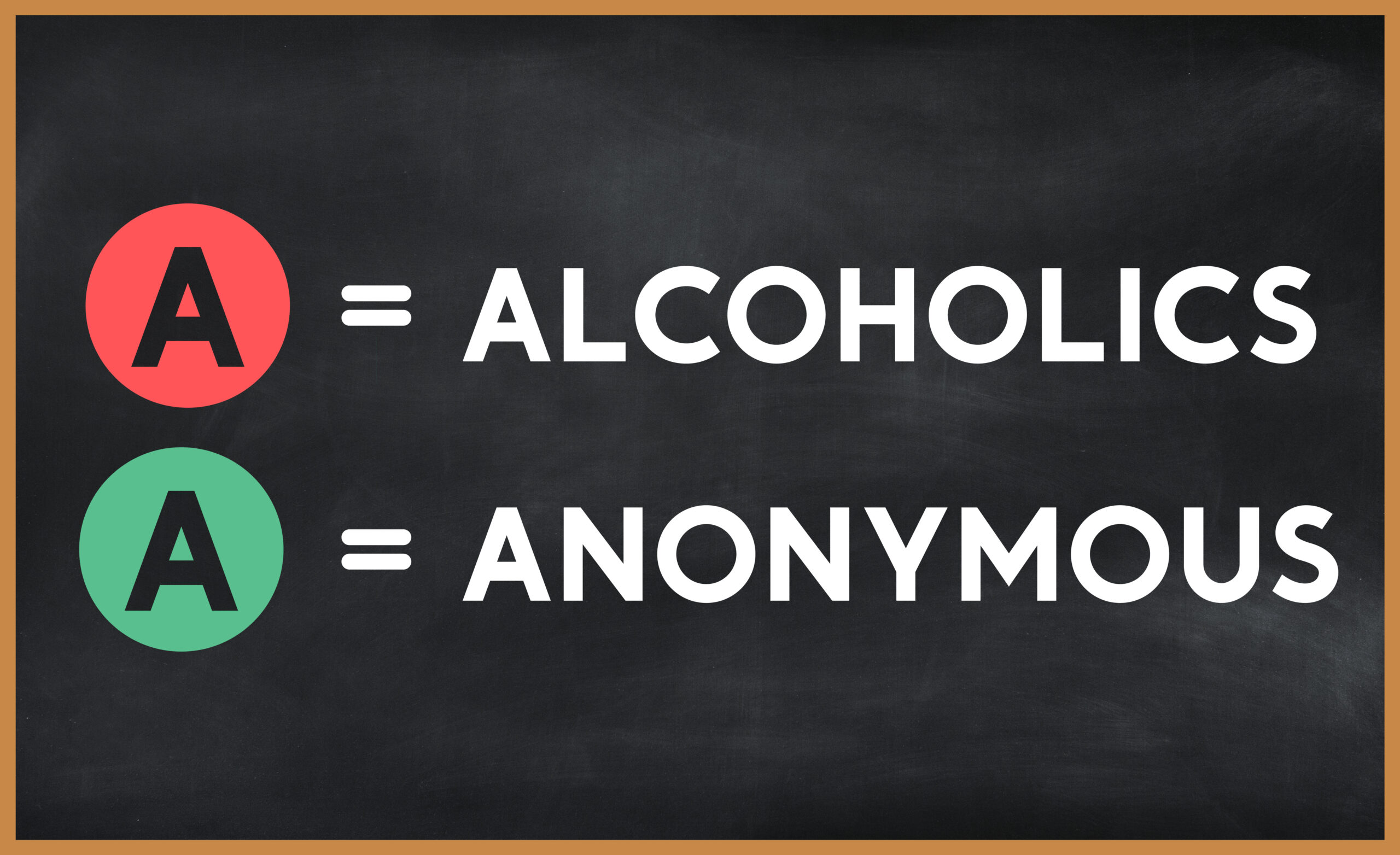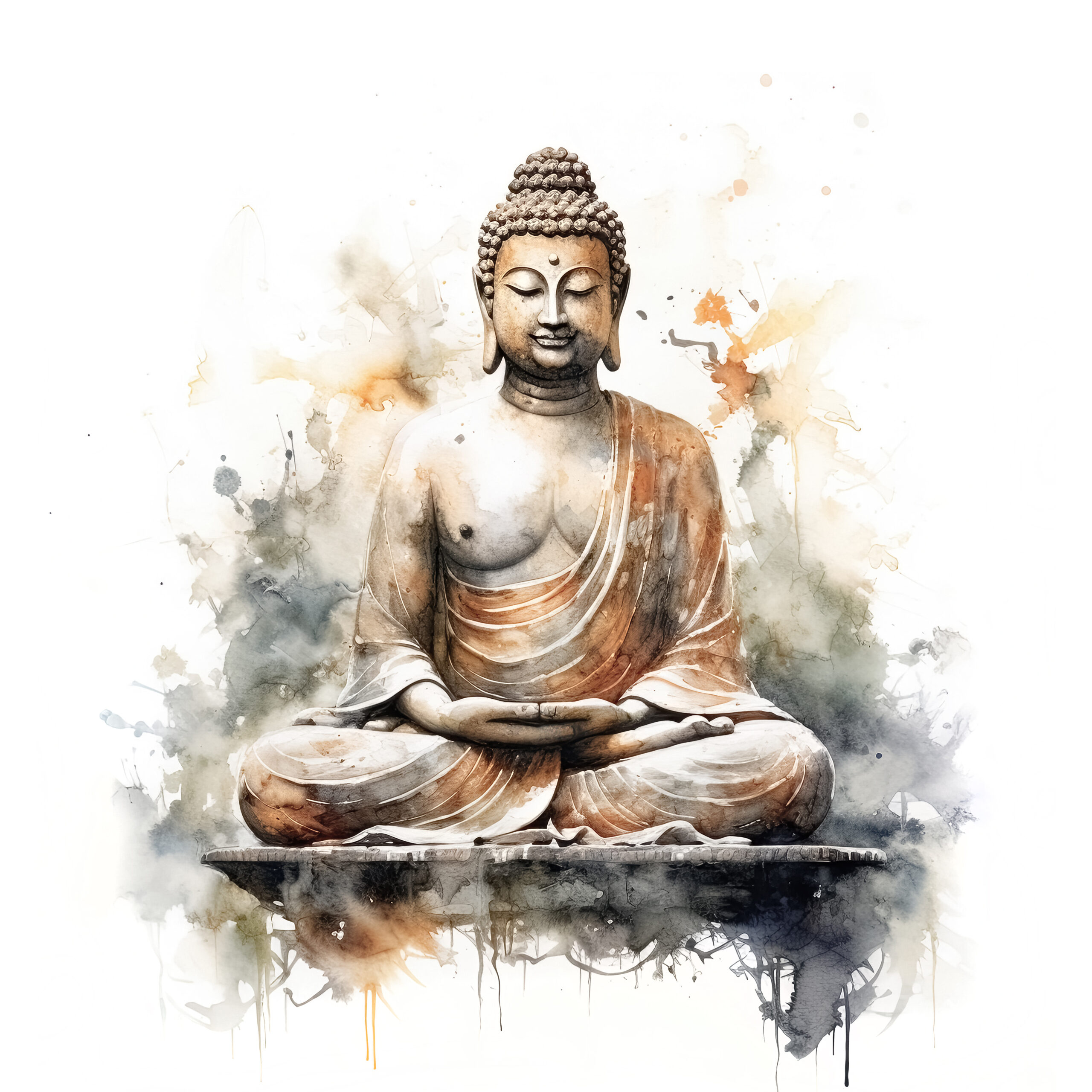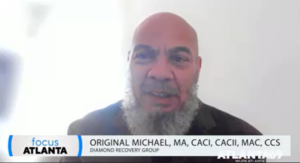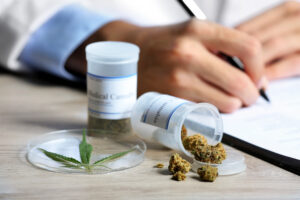What Happened Before 12-Step Programs?
It may surprise you to know that the idea of addiction as a disease is a relatively new one. The truth is that before the 1930s, addiction to alcohol or drugs was seen largely as a discipline problem. People were said to “not be able to hold their liquor”. As you might imagine, there wasn’t much help available for people with an addiction to alcohol or anything else back then either.
The first 12-step program, Alcoholics Anonymous, arose out of the need for some sort of solution. At the time, people who were addicted to alcohol had little recourse except to try and “white knuckle” it and avoid drinking, or limit their intake of alcohol by willpower alone. Of course, this rarely worked.
When the physical consequences became too great, they would go to a hospital with a detox program or a sanitarium to “dry out”. But once they finished the detox, there wasn’t much else to help them stay sober. Some people turned to religion and found a way out there, but for millions of others there seemed to be little hope.
Where Did The 12 Steps Come From?
Two men, William “Bill” Wilson, a New York stockbroker, and Dr. Bob Smith, an Ohio physician formed the Alcoholic Anonymous 12-step program in 1935 based upon principles they’d picked up from the Oxford Group (now known as Initiatives of Change).
The basic premise is that the willpower idea doesn’t work, but that people addicted to alcohol could recover if they engaged in an organized program of self-discovery and spiritual renewal and then dedicated some time to continuing to help others with the same problem for the rest of their lives.
Both men were successful in helping several people addicted to alcohol stay sober for extended lengths of time. This caught the attention of a physician named Dr. William D. Silkworth, who operated an alcohol detox out of NYC’s Towns Hospital. Dr. Silkworth was the first person to propose that alcohol addiction was, in fact, a disease of the mind, not a simple moral failing.
Dr. Silkworth would later write ‘The Doctor’s Opinion”, the foreword to the seminal 12-step program text, Alcoholics Anonymous. It took some time, but finally, in 1956, the American Medical Association officially recognized alcohol addiction as a disease. Modern addiction treatment and recovery as we know it evolved from that point forward.
Exploring Alternatives to 12-Step Programs
While Alcoholics Anonymous and Narcotics Anonymous have undoubtedly helped millions of people and there is even clinical evidence they are effective, these programs aren’t necessarily the right fit for everyone. Luckily, several alternatives to the 12 steps have evolved over the decades and they too have had some success in helping people maintain abstinence from alcohol and drugs and live healthy lives in sobriety.
Below is a list of some of the most popular 12-step alternative programs and some information about each of them:
12-Step Alternative #1: SMART Recovery
The SMART Recovery® program emphasizes self-empowerment and evidence-based methods to achieve lifestyle changes and overcome addiction. In the SMART Recovery viewpoint, addiction is seen as an unhealthy coping mechanism. Much of the focus is on developing new, healthy coping mechanisms to replace the addiction. SMART Recovery is one of the most well-known alternatives to the 12 steps.
The SMART Recovery 12-Step alternative is their 4-Point Program®.
The Four Points:
1.) Building and maintaining the motivation for change.
2.) Coping with urges to use.
3.) Managing thoughts, feelings, and behaviors in an effective way without addictive behaviors.
4.) Living a balanced, positive, and healthy life.
12-Step Alternative #2: Secular Organizations For Sobriety (SOS)
Secular Organizations for Sobriety is a not-for-profit recovery network that follows an essentially secular path toward sobriety. It was developed specifically to offer an alternative to the 12 steps that did not incorporate any sort of spirituality or religion. This may make it especially attractive to atheists and agnostics.
SOS meetings take a self-help approach and rely on shared experiences amongst the group as opposed to a Higher Power. SOS members are expected to take responsibility for their addiction, but judgment and pressure are strongly discouraged and the group aims to be supportive. SOS also respects anonymity, like the 12-step groups, and eschews outside issues like politics or religion.
12-Step Alternative #3: Refuge Recovery
Refuge Recovery is the only one of the alternatives to the 12 steps that are based on Buddhist principles. The Buddhist view is that desire is the root of all suffering. So, addiction is seen as an example of suffering caused by desire. Refuge Recovery uses a non-theistic approach to spirituality.
It does not ask anyone to believe in any Higher Power. This can make it an attractive choice for people who want to avoid any hints of religion or theism, but who are not opposed to the general idea of spirituality by itself. The only requirement is for participants to trust the process and follow the rules. Refuge Recovery has both online and in-person meetings.
The Refuge Recovery alternative to the 12 steps is called The Four Truths.
The Four Truths are:
1.) Addiction creates suffering.
2.) The cause of addiction is repetitive craving.
3.) Recovery is possible.
4.) The path to recovery is available.
12-Step Alternative #4: LifeRing Secular Recovery
LifeRing is a 12-step alternative program for people seeking recovery from substance use disorders. LifeRing differs from 12-step programs in many ways. Still, one of the fundamental differences is focusing on personal power, rather than looking to a Higher Power or relying on the group for strength.
In that way, it turns the notion that willpower isn’t the answer to addiction on its head. In LifeRing, individuals are encouraged to depend on personal strength and believe in their ability to create a personal recovery plan. LifeRing encourages sobriety through peer support and sharing experiences in a secular setting.
LifeRing does not require adherence to any specific philosophy or set of beliefs. This may also make it a helpful option to people who are atheist or agnostic or simply want an alternative to 12-step programs which leaves a Higher Power and spirituality out of the equation.
Diamond Recovery is Raising Awareness
We hope you found our guide to some of the alternatives to the 12 steps helpful. Recovery is a deeply personal journey, so each needs to find the right path for themselves and take ownership of the process.
At Diamond Recovery, we believe in the proven effectiveness of the traditional 12-step programs, but we also recognize and respect the need for alternatives. We encourage you to explore your options for treatment and recovery and find the tools that best meet your needs.
If you or someone you love could benefit from treatment for a substance use disorder or you just have questions about Diamond Recovery and what we do, please give us a call at (844) 909-2525.







